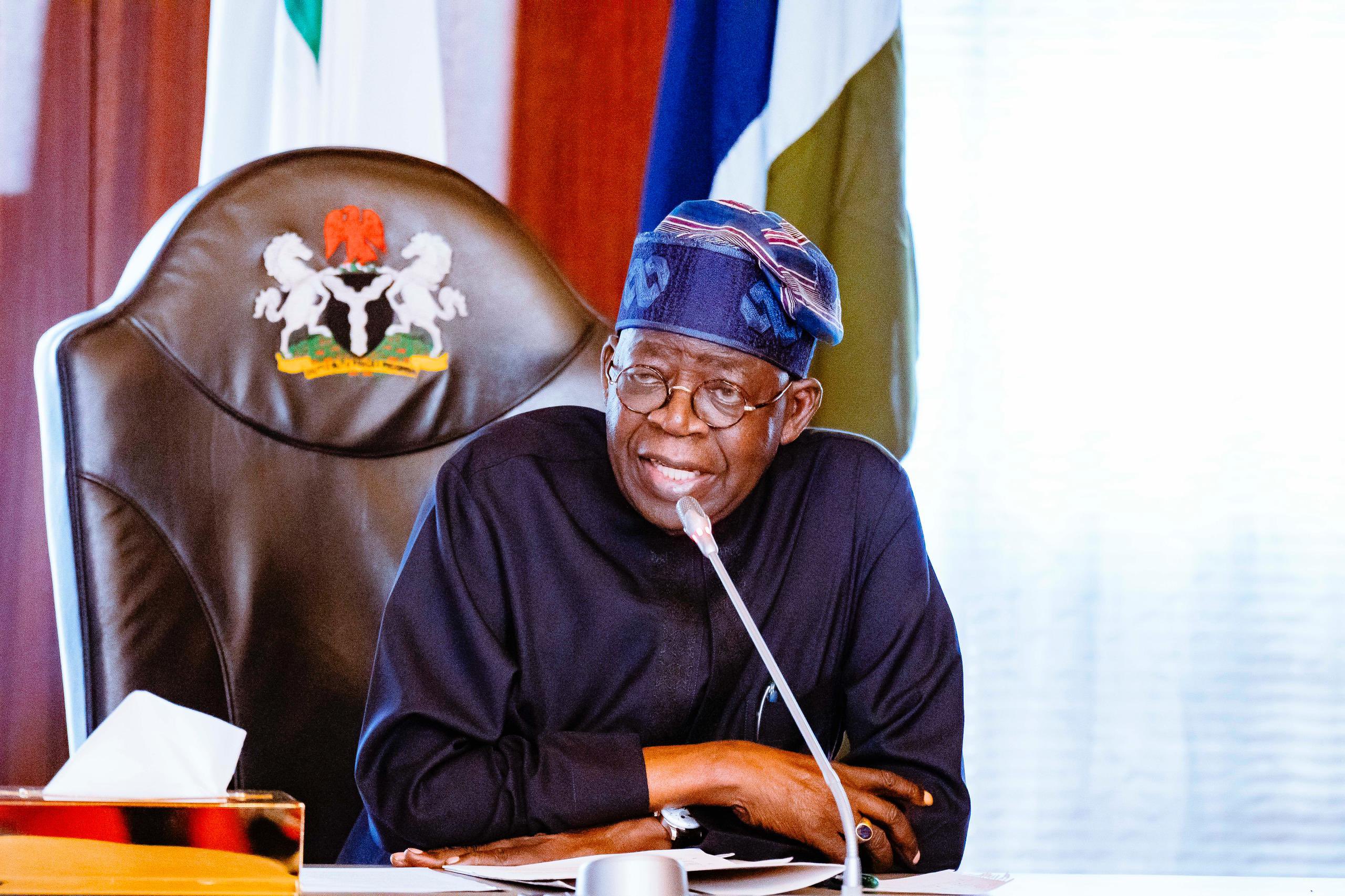Nigeria, yesterday in London, wooed investors to add an extra one million barrels per day (bpd) of crude oil to its production amidst the climate crisis and dwindling oil revenue, which is drastically increasing the debt profile of the country.
While the COP30 Climate Summit is ongoing in Brazil, with countries like Germany indicating interest in discussing fossil fuels, the Nigerian Upstream Petroleum Regulatory Commission (NUPRC) took to London to seek investors for the country’s 2025 oil licensing round.
If the regulator succeeds, the development is projected to boost national crude output to 2.8 million barrels per day (bpd), a dream that has been elusive for many years.
Currently, Nigeria produces about 1.7 million bpd of oil, including condensate. This is far below the projected output of two million bpd in the 2025 budget and has continued to reduce revenue for the funding of the country’s budget.
The announcement, made by the commission’s Chief Executive, Gbenga Komolafe, at the Project 1MMBOPD Additional Production Investment Forum in London, would, according to the regulator, attract fresh capital and drive upstream investments.
Komolafe disclosed that the new licensing round, approved by President Bola Ahmed Tinubu in his capacity as Minister of Petroleum Resources, would formally open on December 1, 2025.
He said the exercise aligned with the Petroleum Industry Act (PIA) and was designed to unlock Nigeria’s underexplored basins while increasing daily output and revenue streams.
“We are ready to commence the 2025 licensing round beginning December 1. This is in line with the approval of the Minister of Petroleum Resources and the framework of the Petroleum Industry Act,” Komolafe stated.
The London forum brought together CEOs of international oil companies, financiers, and potential investors to deliberate on Nigeria’s upstream investment prospects.
Komolafe acknowledged that funding remains the most critical challenge facing the sector, but said the Commission intended to act as a bridge between investors and operators.
Nigeria’s crude production has hovered around 1.7 million bpd in recent months, far below its OPEC quota and budget plan. However, Komolafe noted signs of improvement, revealing that production has reached a daily peak of 1.83 million bpd. He attributed this to ongoing reforms and tighter operational oversight.
The Chairman of the House Committee on Petroleum Resources (Upstream), Alhassan Ado Doguwa, pledged that the PIA would not be subjected to arbitrary amendments, stressing that policy consistency was crucial to sustaining investor confidence.
Similarly, the Chairman of the Senate Committee on Upstream Petroleum, Senator Eteng Williams, assured participants that the legislature remained committed to enacting pro-investment laws and strengthening the sector’s regulatory clarity.
In his remarks, Chairman of the Governing Board of the Organisation of Petroleum Exporting Countries (OPEC), Ademola Adeyemi Bero, said the oil sector remained central to President Tinubu’s ambition of transforming Nigeria into a $1 trillion economy.






